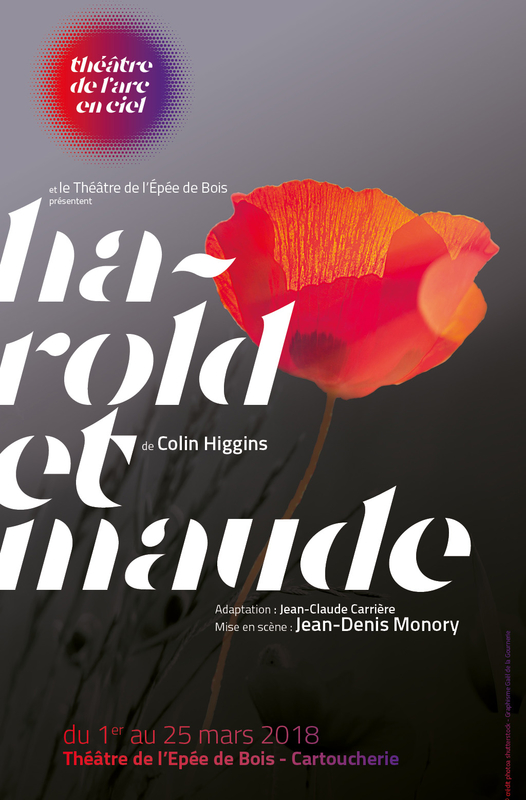


A classic free spirit, she is the polar opposite of the solemn Harold. His apt description of Maude: “Armed with a Buddhist philosophy and a total lack of ‘sensibility,’ she does what she pleases, when she pleases, and doesn’t give a hoot (or a nanny for that manner) about what society thinks of her.”Īt two successive services, he meets…a 79-year-old concentration camp survivor who is as thrilled with life as he is with death. However, as soon as the two title characters get together, it starts to become, of all things, a romantic comedy with a tinge of the revolutionary.” It starts out as a black satire, the kind the British make about really dark things happening to very rich people. Nate Yapp, Cinema Blend: “The brilliance of Colin Higgins’ script and Hal Ashby’s direction is that the film’s tone shifts as Harold comes around to a brighter point of view. One-and-a-half stars from Roger Ebert in 1972: “Death can be as funny as most things in life, I suppose, but not the way Harold and Maude go about it.”Īgreeing it’s “not very funny” was Tony Ortega, Village Voice, while Varietysaid, “ Harold and Maude has all the fun and gaiety of a burning orphanage.” Ī key question posed: what will the idea of death and dying eventually mean to each of them? Harold and Maude become inseparable friends, both helping each other out of various personal travails.” The leads were played by Bud Cort and Ruth Gordon (1896-1985). The more objective description of Harold and Maude on Rotten Tomatoes: “Harold, the 20-year-old son of a wealthy, neglectful woman, tries to gain attention for himself with various hilariously staged ‘suicides.’ Obsessed with death, Harold meets a like-minded 79-year-old woman named Maude. If you asked people what it was about, ultimately it became a boy who was fucking his grandmother.’Įxcuse the language, but that was the mainstream sentiment.

‘The idea of a 20-year-old boy with an 80-year-old woman just made people want to vomit. ‘You couldn’t drag people in,’ producer Charles Mulvehill told critic and author Peter Biskind. …(I)t met with scathing reviews, bombed, and vanished from mainstream cinemas within a week. Even now there’s much to appreciate-including that engaging Cat Stevens soundtrack.Īlex Godfrey, The Guardian, explains the surprising-in-retrospect history related to the movie’s poor initial reception: Although some top critics weren’t so fond of Hal Ashby‘s dark comedy Harold and Maudewhen it was released in 1971, it was certainly cherished on many college campuses and beyond.


 0 kommentar(er)
0 kommentar(er)
